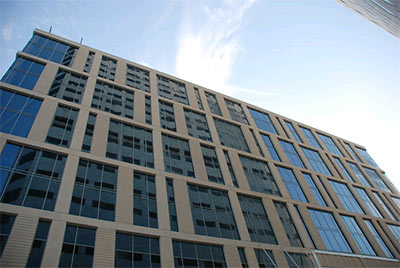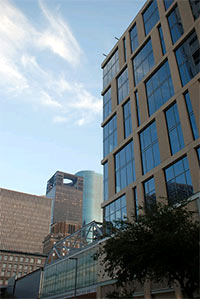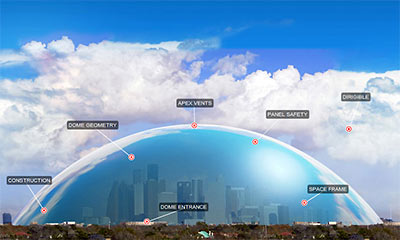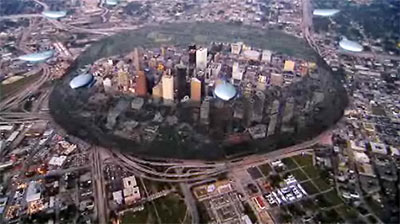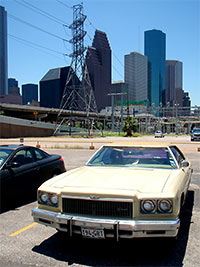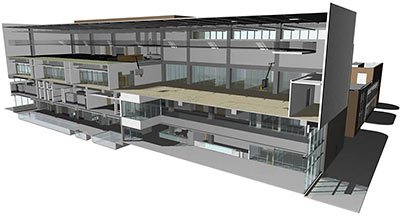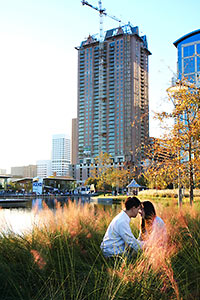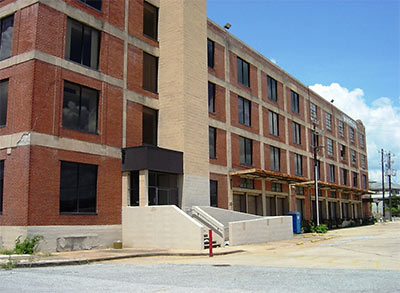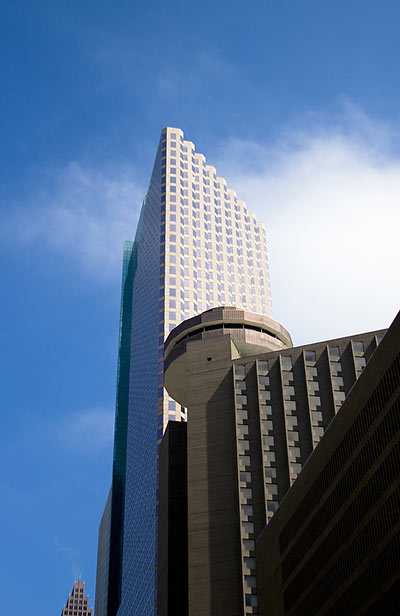
A longtime fan of the rotating Spindletop Restaurant perched on top of the Hyatt Regency Hotel Downtown writes in to note the passing . . . of the restaurant’s website:
I last called them in January to see about a reservation but they were still closed from Hurricane Ike. The gentleman who answered insisted they would re-open someday soon and I was intrigued. I continued checking their website for an announcement every few weeks but it never arrived and then the site itself disappeared Sadly, when websites revert to parking pages, it’s all but assured the business behind them has folded.
If the Spindletop is indeed gone, a slowly revolving icon of Houston’s oil boom days, what would the Hyatt do with such a, umm, unique structure perched atop it’s hotel? Landry’s Heliport and Cloud Bar? Rennovate it to become *the* foremost penthouse in the city? “Hey baby, not just the bed rotates, but the whole penthouse!” Perhaps just another semi-adequate restaurant with a unique and stunning view?
What was the city perch like in its glory pre-Ike days?


